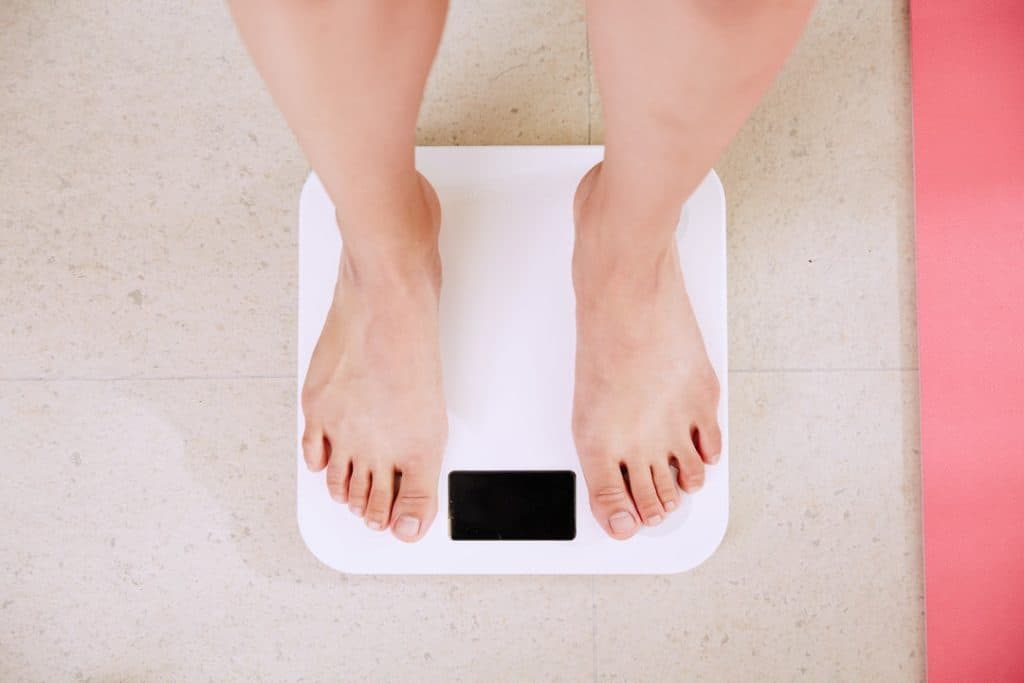
Have you been feeling a little off lately? It could be your hormones.
Hormones can affect the way we feel, how we look, and how our body functions, causing some real havoc to our day to day lives! Most women know the effects of normal hormone fluctuations, but what about hormonal imbalance?
If you’re not feeling yourself or seeing long-term changes in your body, it could be down to your hormones being out of whack.
Learn more about hormone imbalance symptoms and how you can treat them with our guide.
1. Mood Swings
If your mood is swinging from happiness to anger or sadness with less than a second’s notice, you’re experiencing mood swings. These are basically rapid changes in your mood. They’re a common symptom of premenstrual syndrome PMS – which 90% of women experience.
But you don’t always have to be about to get your period to feel the effects of mood swings. Any fluctuations in your estrogen levels can cause them. This is because estrogen affects neurotransmitters like serotonin which controls your mood, leading to periods of sadness, anger, or even depression.
This can lead to struggles in everyday life. If your mood is drastically changing you won’t function as you normally would, so be sure to seek treatment.
2. Low Sex Drive
Not feeling in the mood lately? A low sex drive – or libido – could actually be due to hormones.
It can be a common symptom for women experiencing perimenopause (the end of your period before it completely stops) or menopause. This is because your estrogen and testosterone levels are dropping, leading those sexual desires to fade quite a lot.
So if your sex drive has plummeted, it might be nothing to do with your partner, your relationship, or your own desires. It’s just hormones! Once you sort out your imbalance, you should see your libido return to normal.
3. Insomnia
If you’re finding yourself tossing and turning at night, you may have insomnia. This is characterized by difficulty sleeping or staying asleep, and you’ll often find yourself feeling unenergized for the rest of the day. Lack of sleep can also lead to irritability and bad moods, so it’s something you want to avoid if possible.
Hormonal imbalance can be the cause of insomnia. Your ovaries usually produce progesterone, one of the female hormones that actually promotes better sleep! But during perimenopause, menopause, and hormone imbalance you might find your body lacking in progesterone.
This could be what’s causing your sleepless nights. On the other hand, too much progesterone could be making you feel more tired, causing drowsiness throughout the day. Keep track of how you’re feeling throughout the month and see if your sleep issues are related to your cycle.
4. Heavy and Painful Periods
If you’re wondering what are the symptoms of hormonal imbalance then it’s always good to keep an eye on your menstrual cycle. Heavy or painful periods could be a sign that your hormones aren’t working as they should, and if you get other symptoms around this time it’s likely you’re experiencing an imbalance.
Heavy or painful periods are never pleasant and they can really disrupt your day to day life. They can be caused by fibroids, which are non-cancerous growths linked to estrogen production. If other family members have experienced fibroids, make sure you know as it could increase your chances of getting them.
Whilst they’re usually not harmful, they can cause a lot of pain. You may experience lower back problems, more frequent urination, and painful intercourse. If you think you have fibroids, see a doctor to get them diagnosed and look into how to balance hormones.
5. Weight Gain
There are plenty of hormones that could be causing you to experience unexplained weight gain. These include:
- An underactive thyroid – characterized by your thyroid not produce enough hormones to regulate your metabolism
- Polycystic ovary syndrome – when small cysts appear on the ovaries caused by hormone imbalance
- Menopause – The decrease in estrogen and progesterone can lead to weight gain amongst other symptoms
Your hormones play a vital role in maintaining your weight, so if you find yourself suddenly gaining a lot without any lifestyle changes, they could be unbalanced.
6. Skin Problems
Whilst you might see a few zits every now and then, chronic acne in adults isn’t so common and there’s usually an underlying cause. It could even be a sign that your estrogen and progesterone have dropped, whilst your androgen hormones have increased. Or, you may be experiencing polycystic ovary syndrome.
Make sure to see a dermatologist if you’re suffering from adult acne and get a hormone imbalance test done by a professional.
7. Fertility Issues
Polycystic ovary syndrome, characterized by a hormonal imbalance, is the leading cause of fertility problems. Higher levels of FSH (follicle-stimulating hormone) and low levels of LH (luteinizing hormone) can also cause issues if you’re trying to get pregnant. You may also be experiencing early menopause, which can happen to women below the age of 45.
If you’re having trouble getting pregnant, it’s a very good idea to check that your hormones are balanced before seeking more expensive medical treatments. You could find that the problem is much more manageable than you think!
Experiencing Hormone Imbalance Symptoms?
There are a lot of hormone imbalance symptoms that could make you feel a lot less like yourself than normal. Keep an eye on how you’re feeling and when you’re feeling it to get a better idea of whether hormones could be the cause. If you think they might, book in for a free consultation with our hormone treatment specialists at Revital.

